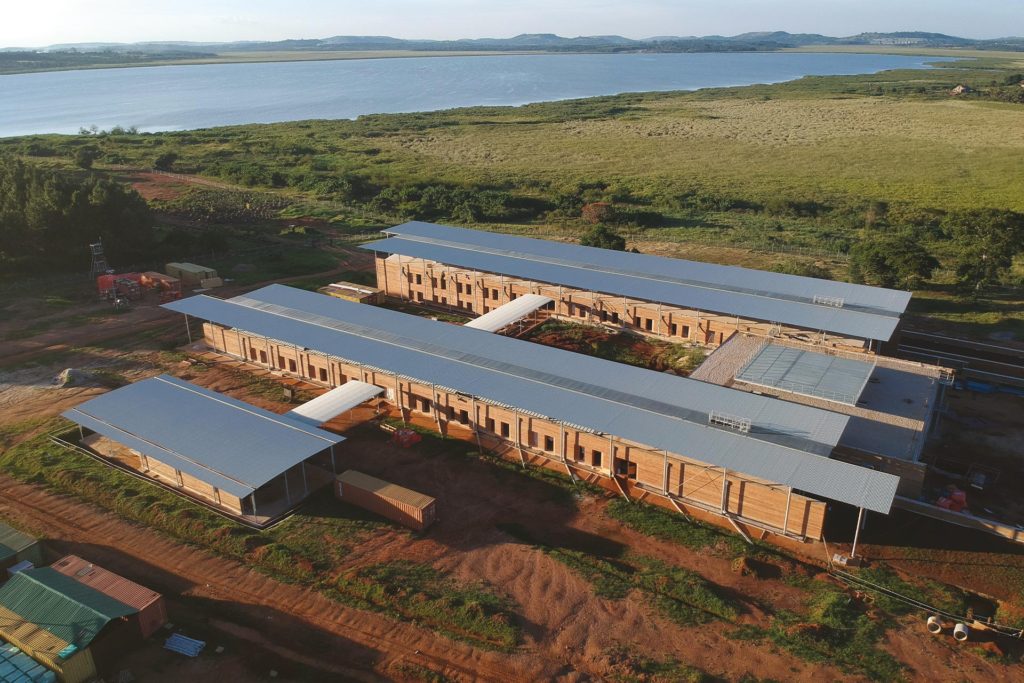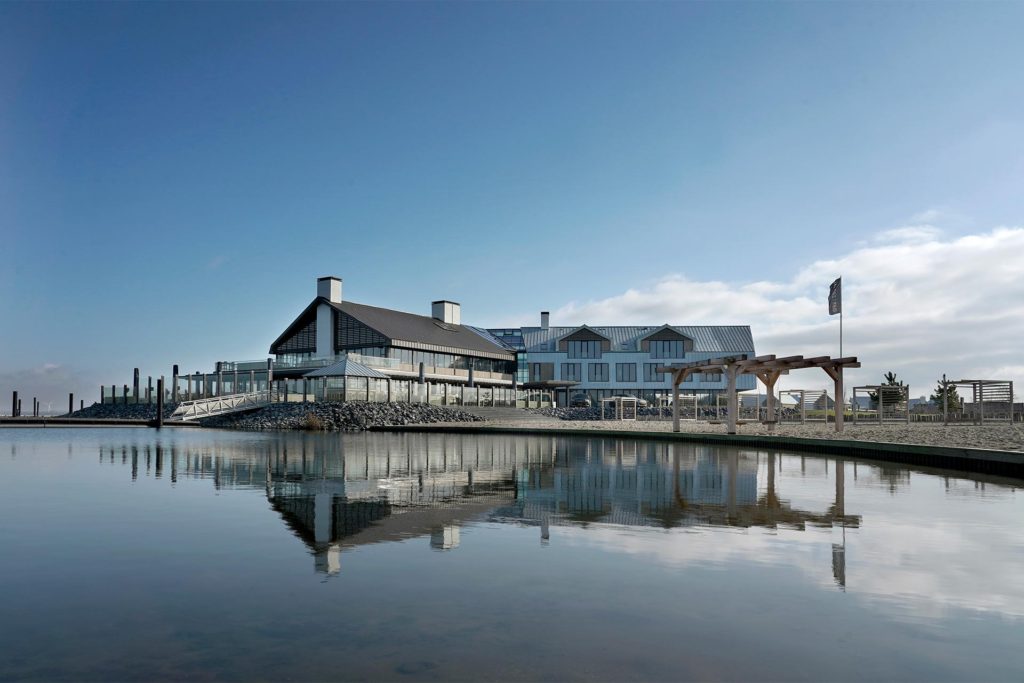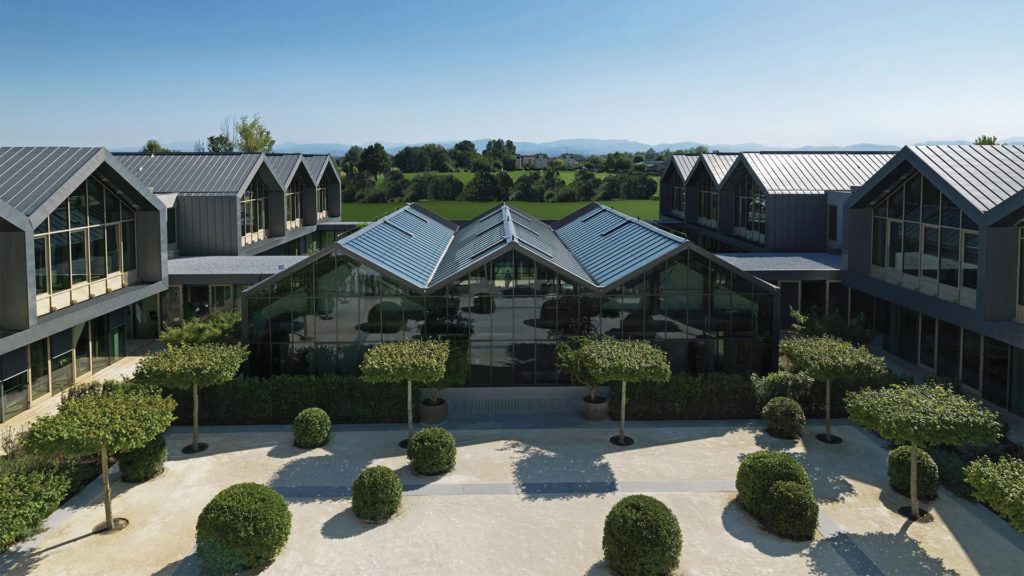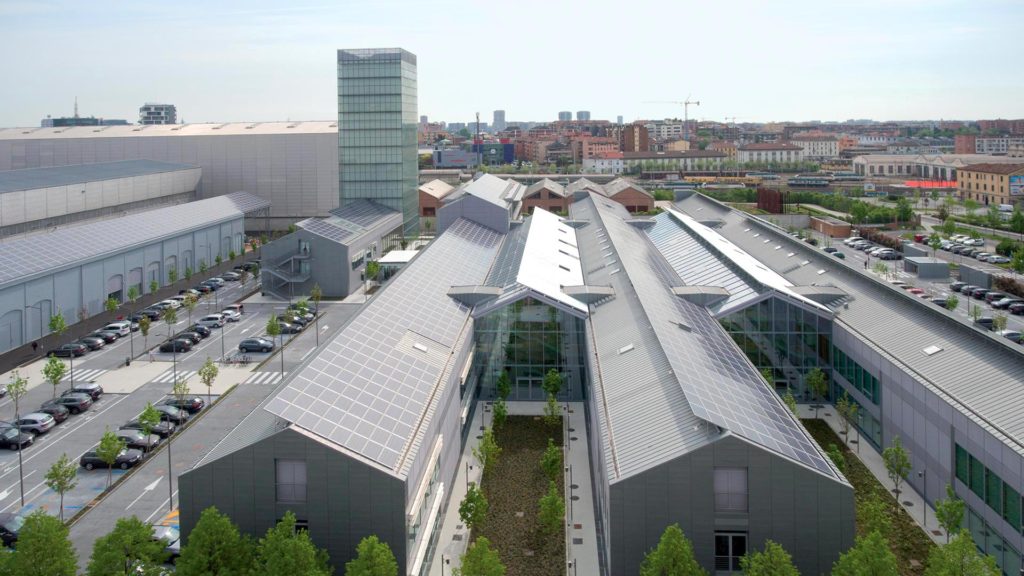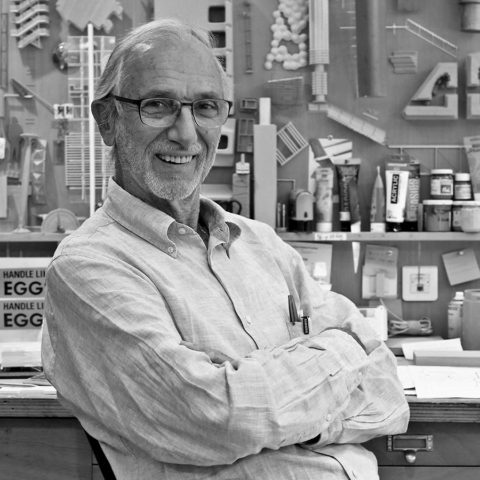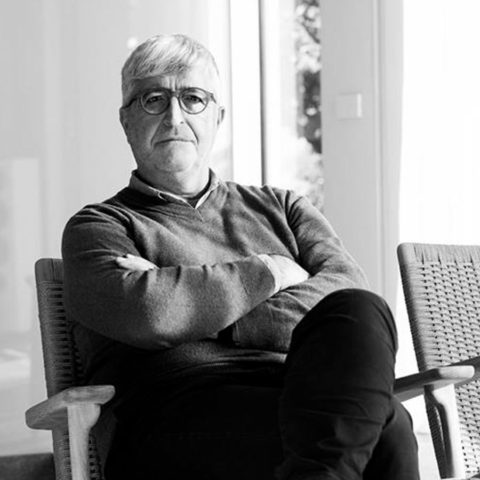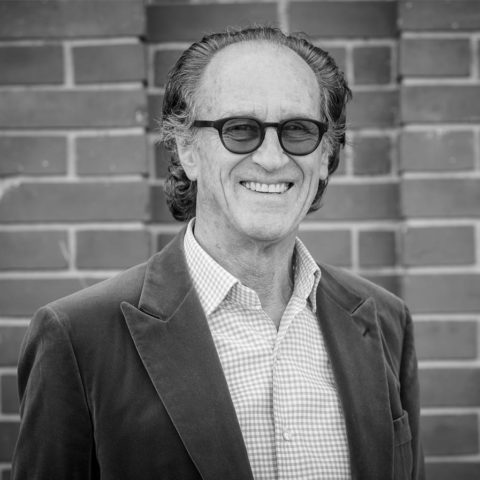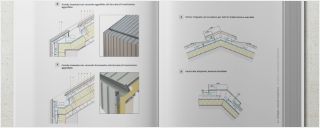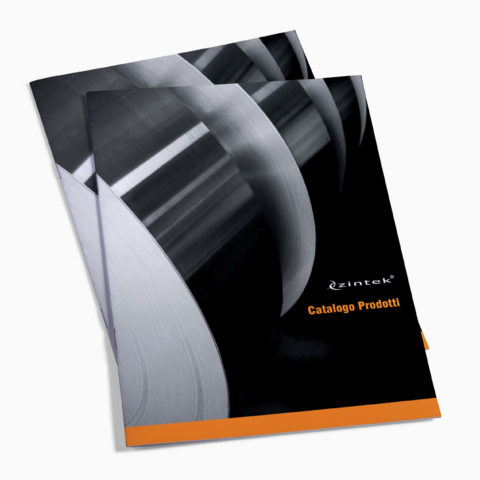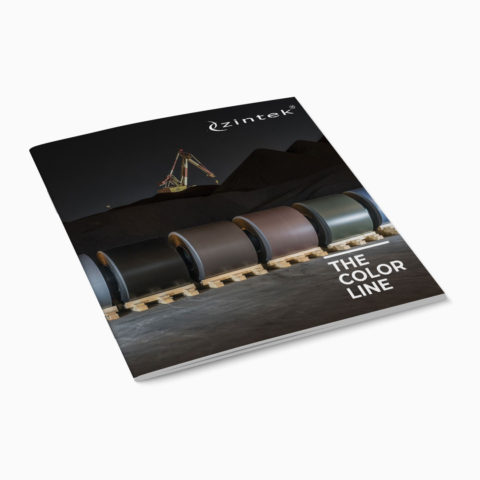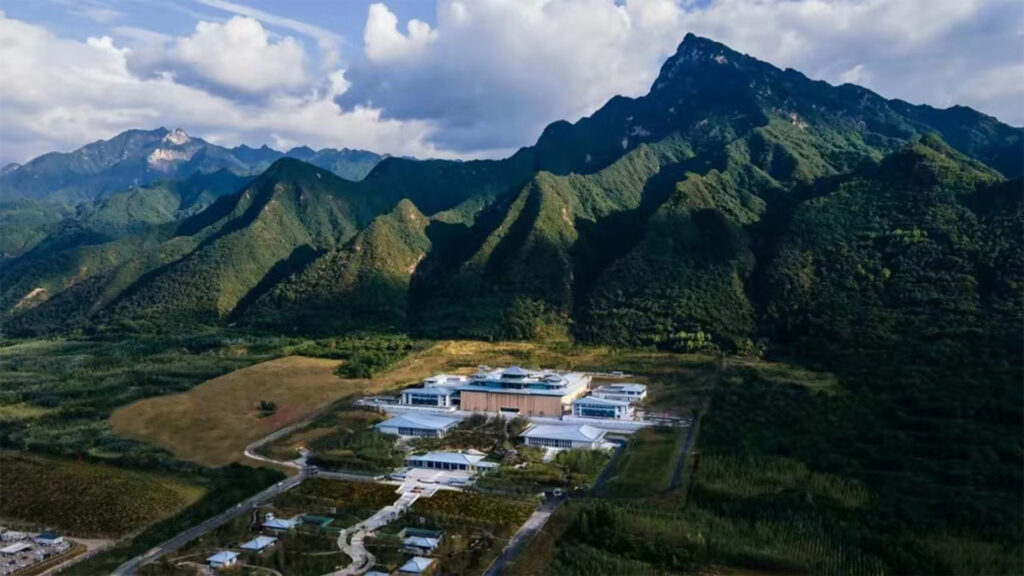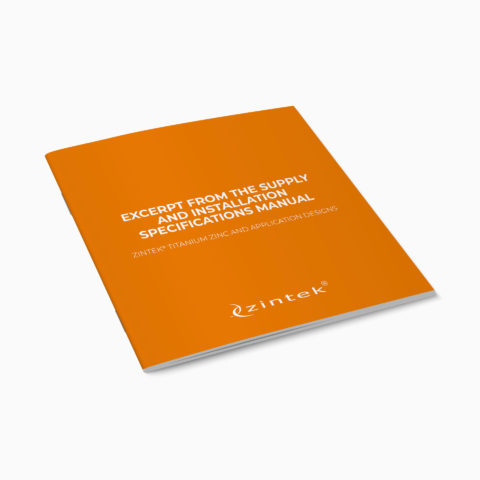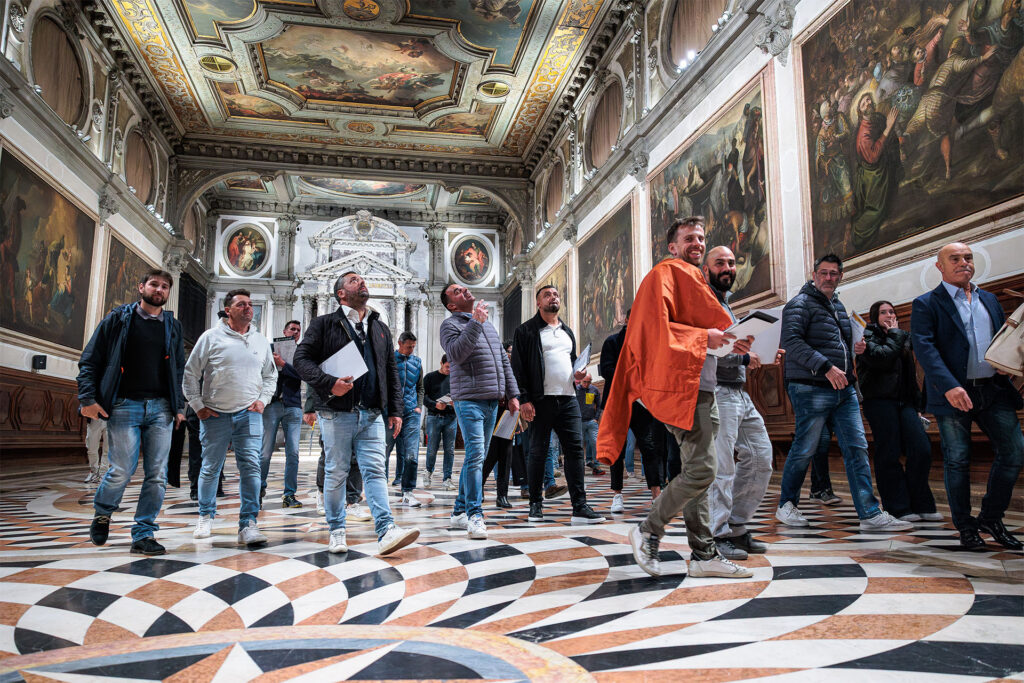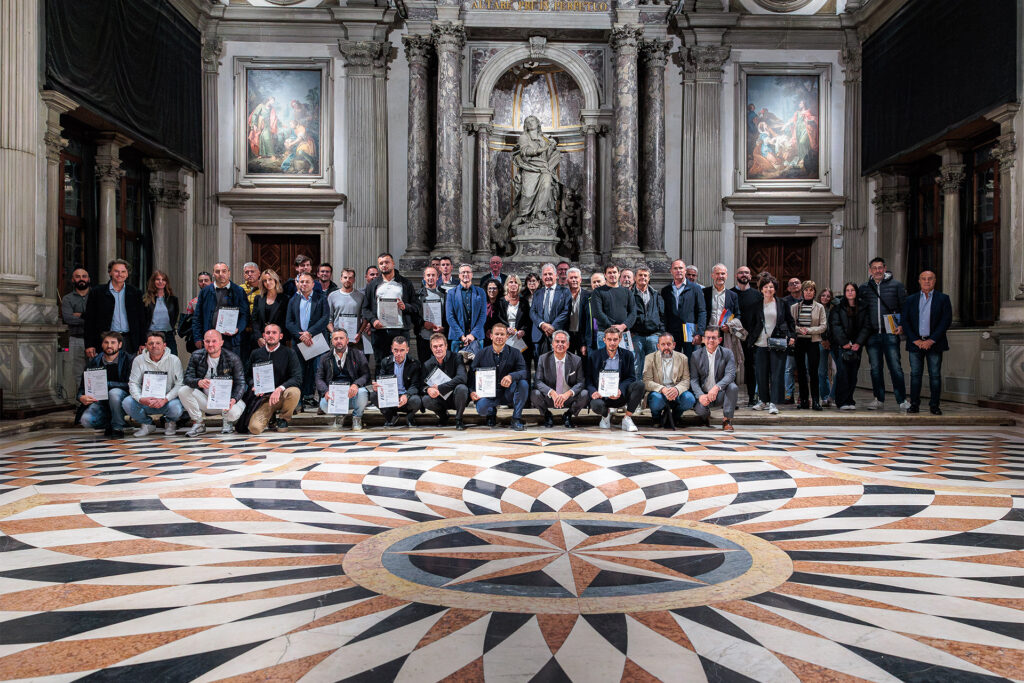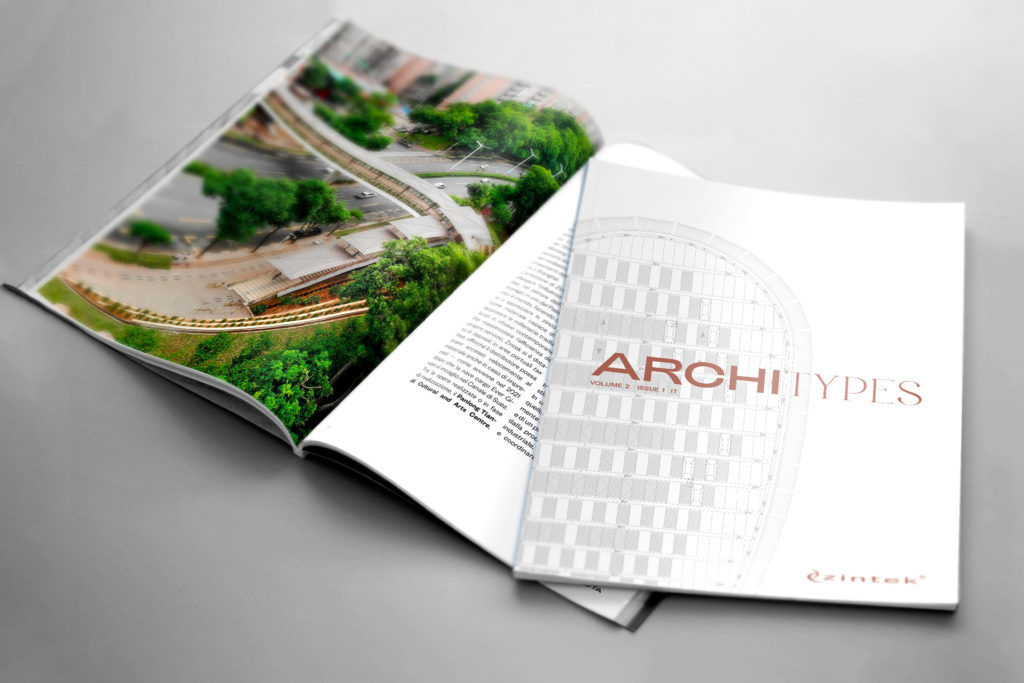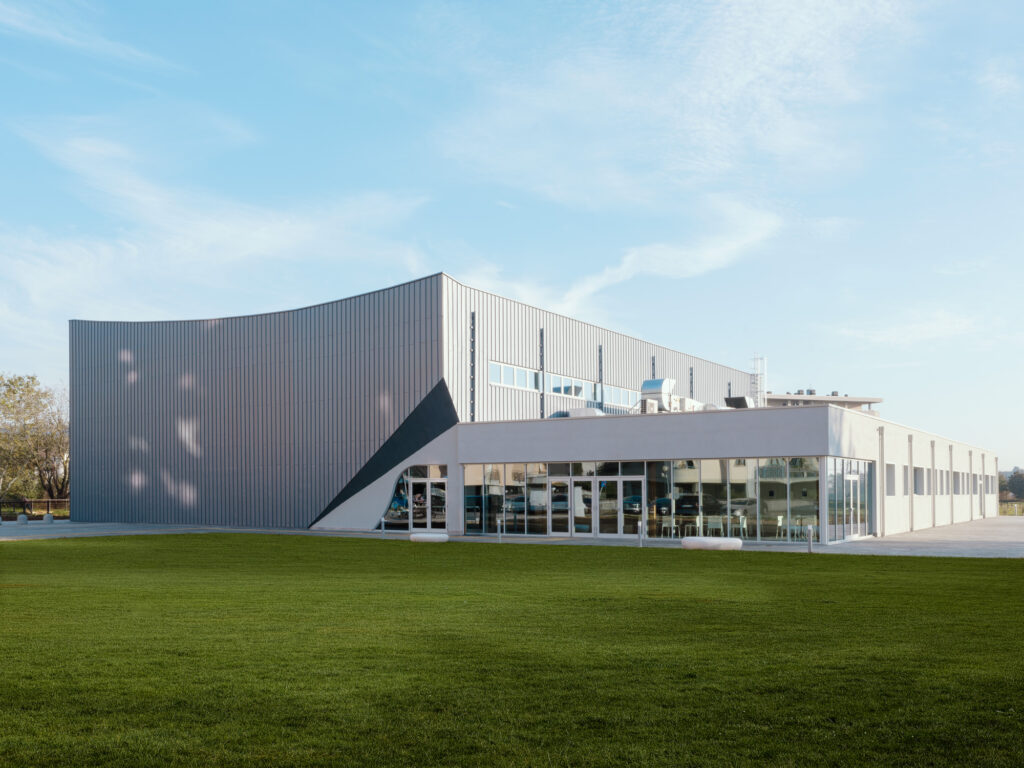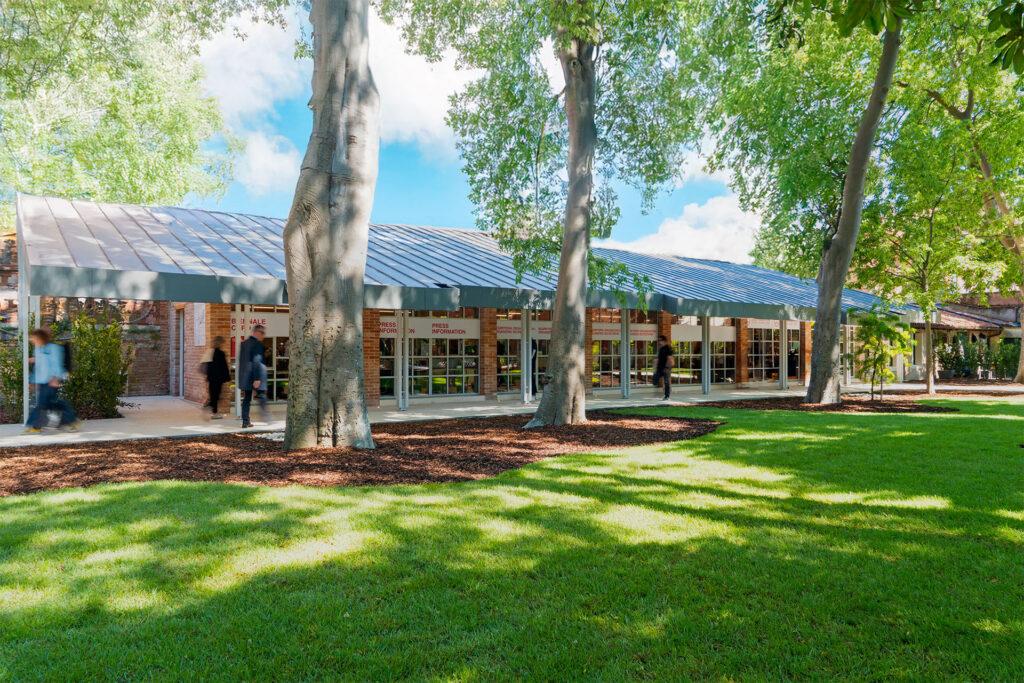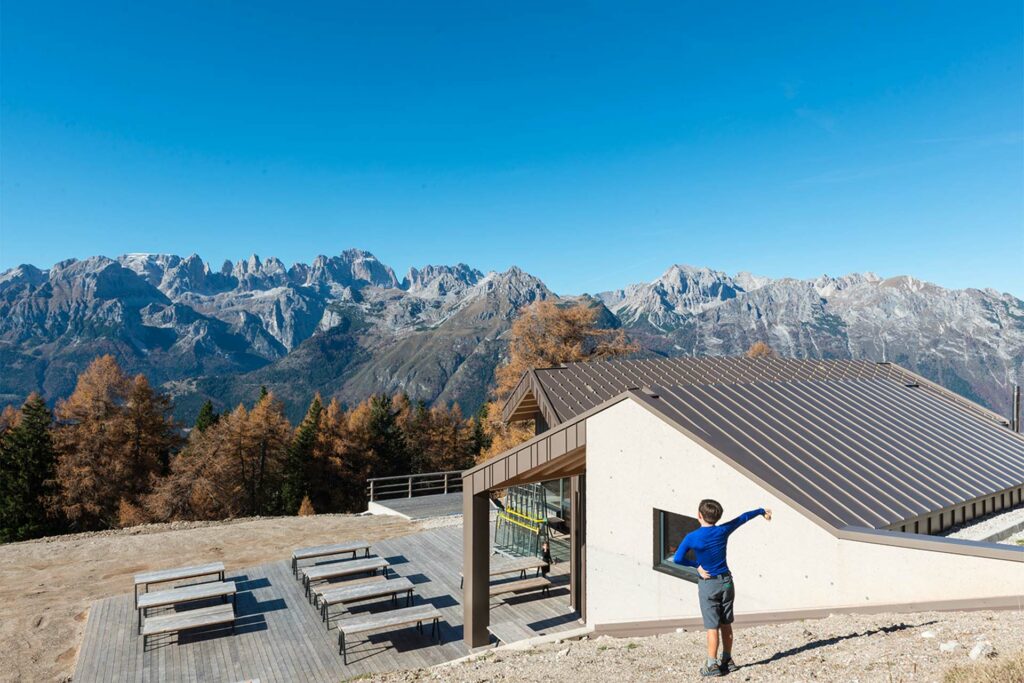One of the greatest modern innovations in architecture is its reconstruction of urban knowledge. The direction taken is one of sustainability as a lifestyle and guiding principle. This is BIG‘s mission – Bjarke Ingels Group – the most experimental studio for architecture and town planning in the contemporary scene, lead by its Danish founder, Bjarke Ingels. BIG, an acronym that already rings as a declaration of intent, sees sustainable hedonism as a potential solution which can be summarised in an axiom defined as “ecology“: the fusion of ecology and economics in a single concept aimed at sustainable development.

The challenge? Creating architectural solutions capable of improving living standards, taking into account social performance, environmental factors and entrepreneurial prospects.
To those that see sustainable approaches as devaluing their lifestyle in the name of energy saving, Ingels provides virtuous examples of Northern European countries, namely his birth city: Copenhagen.

Danish architects have always placed particular emphasis on sustainable development, a concept which by now is rooted in their culture: therefore it is no accident that BIG launched some of its most significant projects in the capital, serving as flagships for a philosophy of hedonistic sustainability. One above all is The Mountain, (artificial mountain), which gives the building’s apartments a chance to host terraced gardens with a panoramic view, addressing the absence of heights in that particular landscape and creating an interactive space.

The cities envisioned by Ingels are designed as fully-fledged ecosystems aimed at being ecologically and economically beneficial, without changing the lifestyle of inhabitants: “this approach becomes recognisable in planning as soon as we confront the issue of sustainability not as a moral dilemma, but as a challenge for design”, says Ingels.

Social and environmental interactions are integrated further in the futuristic project signed by BIG, in which the studio intends to convert a waste incinerator into a sustainable ski-park A side from the proposal’s purely lucid aspect, Ingels was not willing to overlook its educative component: when a puff of smoke rises from the chimney, citizens will be alerted to the fact that a tonne of fossil CO2 has been released into the atmosphere.

Thus, the utopian essence of hedonistic sustainability: creating a clean and fun planet in a single project!

